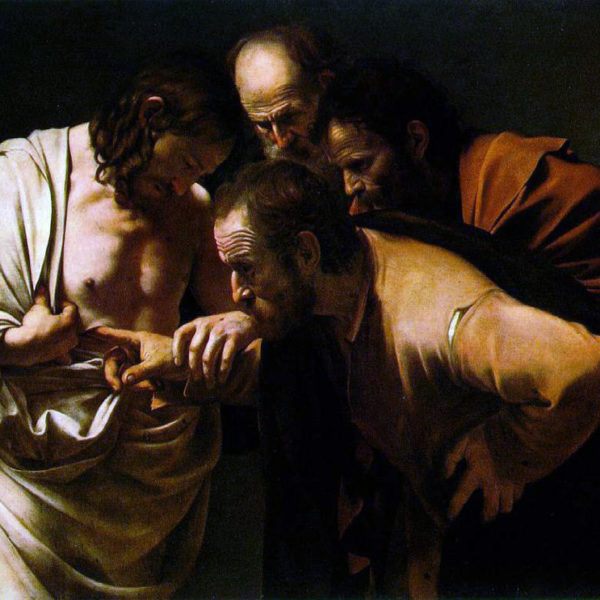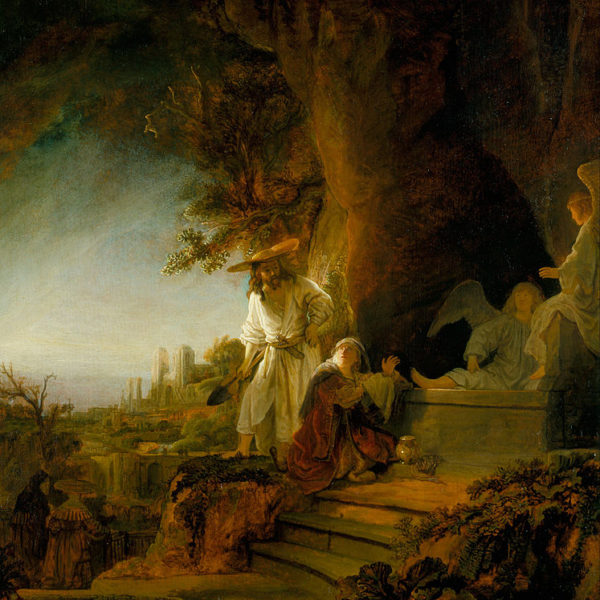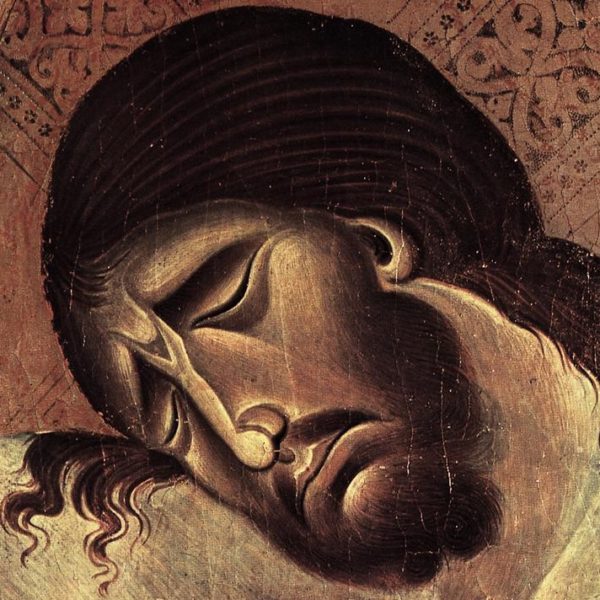
One of the great paradoxes of John Calvin’s political theology can be captured in terms of two of the phrases the reformer used over and over throughout his writings. On the one hand, he emphasized, “the kingdom of Christ is spiritual.” On the other hand, through the kingdom of Christ God is bringing about the “restoration of the world.”

The encounter of Mary Magdalene with the risen Christ provides us with a model for understanding political theology. The elusive presence of the resurrected one and the emptiness of his tomb forbid all our attempts to secure his presence in our praxis and open up new ways of perceiving our social task.

That the resurrection is a beleaguered doctrine in North America and in Europe is hardly a new revelation. For all its technological wonders, modernity is uncomfortable with old-fashioned miracles. Pre-modern ways of talking about Jesus’ resurrection don’t translate easily for an audience that demands scientific corroboration and empirical evidence. As a result, Christianity has chastened and tamed this story in a number of ways.


